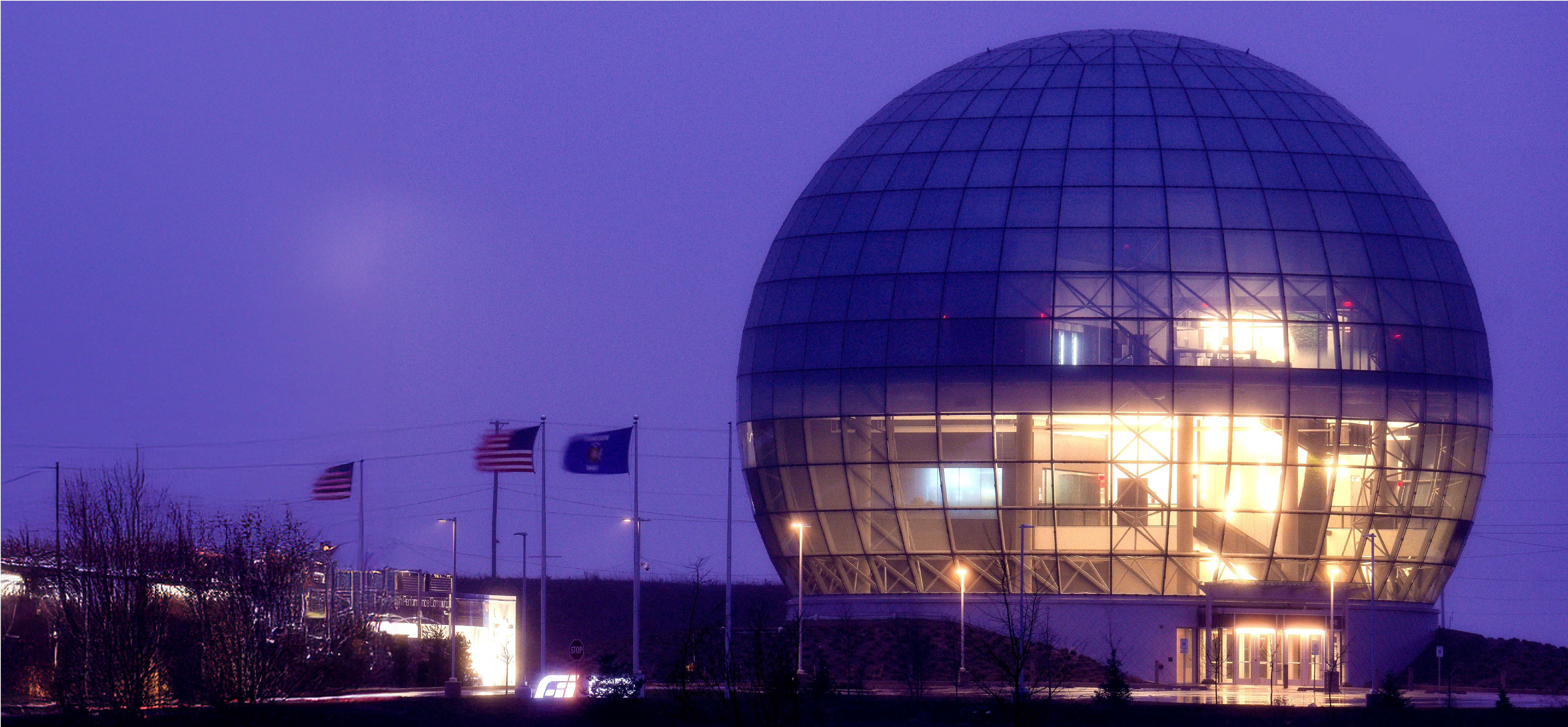



"*" indicates required fields

Agentic AI cyberweapons are rapidly becoming the tool of choice for state-sponsored attackers targeting U.S. critical infrastructure. The good news: if they act quickly, cybersecurity defenders are primed to take the advantage.

China is rapidly increasing its lead in the global race for EV dominance while Washington hits the brakes. The stakes are high—if American automakers can’t compete in a world of electrified transportation, the U.S. will cede enormous profits and influence to its biggest strategic competitor.

If AI competition is a war, then global cloud architecture is the theater. Microsoft, Amazon, and Google control 63% of the world’s $900 billion cloud market, a critical win for American AI leadership. But Beijing is on the offensive, infiltrating U.S. systems and proliferating its own predatory AI infrastructure.


The military needs new, evidence-based policies to counter obesity in the ranks while maintaining much-needed manpower.

Expanding de-dollarization efforts threaten U.S. economic influence overseas, but they are unlikely to produce serious results any time soon.

Unless the U.S. wants a world where nuclear testing is commonplace, it should avoid resuming nuclear testing.

To counter rapidly advancing cyber threats, the U.S. must urgently reauthorize and strengthen key cybersecurity legislation.

Additional approaches are needed to counter the production and trafficking of nitazenes by China-based transnational crime groups.


America is at a critical period in our strategic competition with China, and ground zero in the fight is the battle over AI supremacy.

The spread of nuclear weapons and increasing numbers of nuclear forces worldwide represents the greatest danger to mankind.

ASP's energy security research covers the spectrum of energy sources, from nuclear, wind, and solar, to fusion and other innovative technologies.

Through research and public engagements, ASP is fostering dialogue and building consensus on the national security impacts of climate change.
ASP’s newsletter is a weekly publication that includes updates on our activities, feature stories, events, and commentary from leadership and staff on the national security issues of our time.